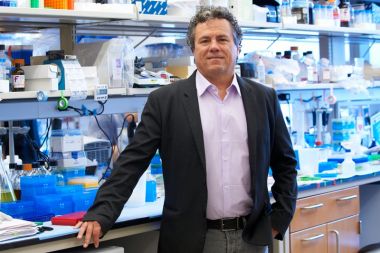Cancer cure breakthrough? Scientists find way to turn cancer cells into healthy tissues

For years, scientists have been trying to develop ways to fight cancer cells using external factors, most notably through chemotherapy. But what if cancer cells can be made to reverse themselves and be healthy again?
Scientists led by Scott Lowe, Ph.D., of the Memorial Sloan Kettering Cancer Center in New York City has developed a breakthrough way of combating cancer cells that may change cancer treatment forever. This is through the reactivation of a single gene that will turn cancer cells back to healthy tissues.
This gene, adenomatous polyposis coli (Apc), was found to be an effective tumor suppressor after an experiment that involved mice with colorectal cancer.
At the start of their experiments, researchers suppressed the Apc gene in the mice. This activated the so-called Wnt signal pathway, which allowed cancer cells in the animals to grow and survive.
After this, the scientists tried to reactivate the Apc gene. As a result, the Wnt signal pathways normalised again, and the cancerous tumours stopped growing remarkably.
The researchers also observed that the mice had normal intestinal functions in four days. More astoundingly, the tumours were completely gone in two weeks.
Another sign that the Apc may be the next big thing in cancer treatment is the fact that no signs of cancer relapse were recorded during the six-month follow-up after the experiment.
In the study on Apc published in the journal Cell, Lowe said this way of treating cancer is more safe and effective compared to the available methods nowadays.
"Treatment regimens for advanced colorectal cancer involve combination chemotherapies that are toxic and largely ineffective, yet have remained the backbone of therapy over the last decade," the head scientist said.
Colorectal cancer claims the lives of nearly 700,000 people worldwide every year. It is also the second leading cause of cancer-related deaths in developed countries.











